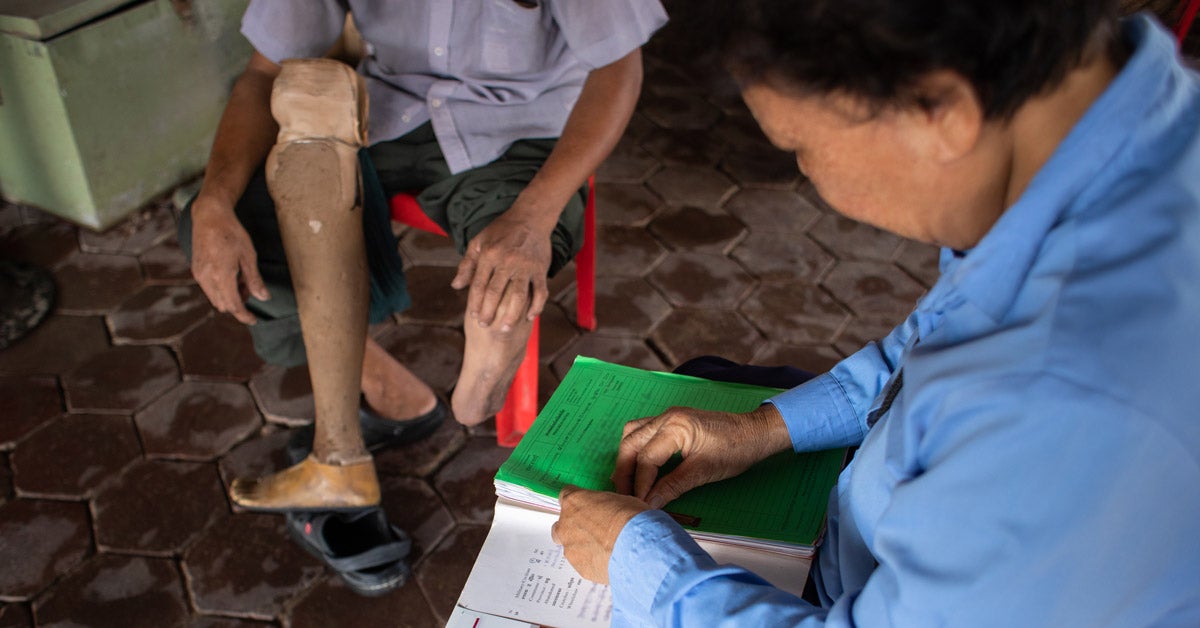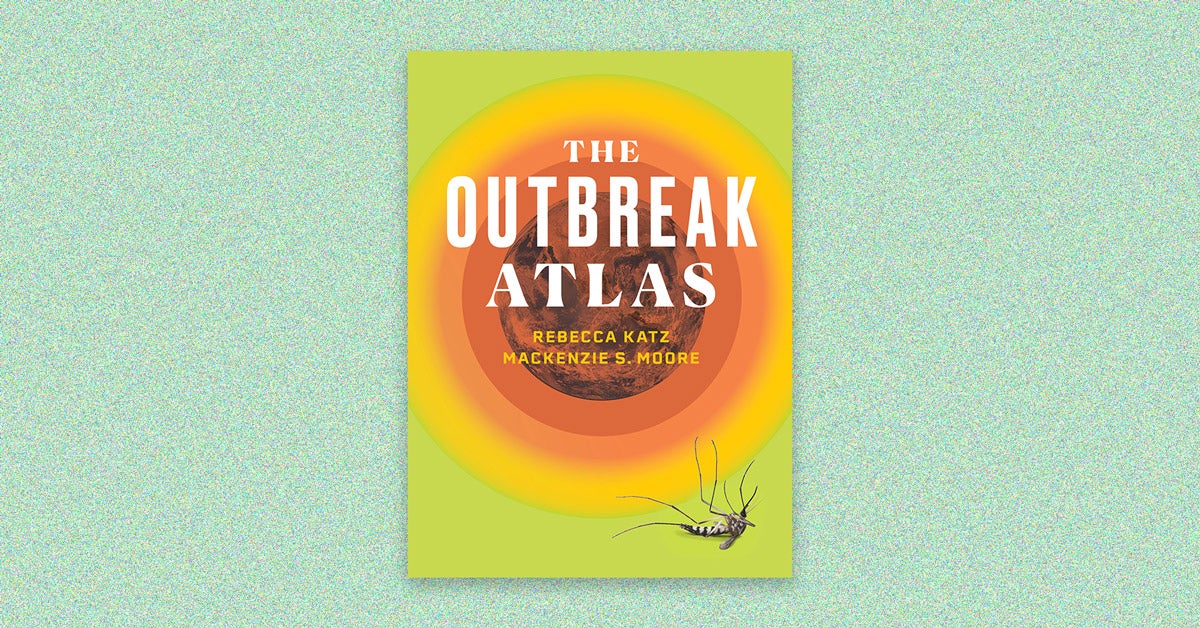Newsletter
HPH Weekly: As Cambodia landmines aid dries up, a new approach is proposed
This edition of Harvard Public Health Weekly was sent to our subscribers on May 2, 2024. If you don’t already receive the newsletter, subscribe here. To see more past newsletters, visit our archives.
As Cambodia landmines aid dries up, a new approach is proposed

Outside aid to support Cambodian landmine victims is drying up. The country needs a new funding model—and an emergent public health sector will play a key role. Bopha Phorn reports on how the country plans to sustain care and rehabilitation in a future where international aid is greatly reduced.
Can nurse practitioners solve the primary care shortage?

Nearly a third of the U.S. population lacks access to primary care, writes nurse practitioner Grace Han. And yet archaic state laws and outdated stereotypes stand in the way of NPs like her filling that gap. It’s time to put more nurses in the doctor’s chair, she argues.
A user’s manual for the next pandemic

The new book The Outbreak Atlas “feels essential, even if it’s for a moment that many people might not want to think about right now,” says reviewer Madeline Roberts. She calls the book, by Rebecca Katz and Mackenzie S. Moore, approachable, practical—and one you’ll likely need on your shelf in the coming years.
Snapshot: The big fail
Chemonics International was supposed to transform USAID’s global supply chain for health care products. Despite eight years and numerous extensions, it did not succeed, according to an investigation by Devex and the Bureau of Investigative Journalism. Michael Igoe, the lead author of the report, spoke to HPH.
Toward an “insurgent politics of care”
Barn Raiser’s Paco Alvarez speaks to Thurka Sangaramoorthy, author of the 2023 book Landscapes of Care: Immigration and Health in Rural America, about U.S. reliance on immigrant labor, solidarity between U.S. citizens and immigrants, and the country’s abandonment of rural areas.
This story was originally published by Barn Raiser.
What we’re reading this week
Unseen battles: The harsh realities of veterans’ access to health care →
STAT
A South African soup kitchen is bringing relief to caregivers →
Global Health NOW
Rural jails turn to community health workers to help the newly released succeed →
KFF Health News
Why a “fracking refugee” attended the global plastics treaty negotiations →
Environmental Health News
- Related: Microplastics, strokes, and heart attacks
Public Health Watch via Harvard Public Health
The lasting impact of exposure to gun violence →
Undark
- Related: To reduce school shootings, keep guns out of kids’ hands →
Harvard Public Health